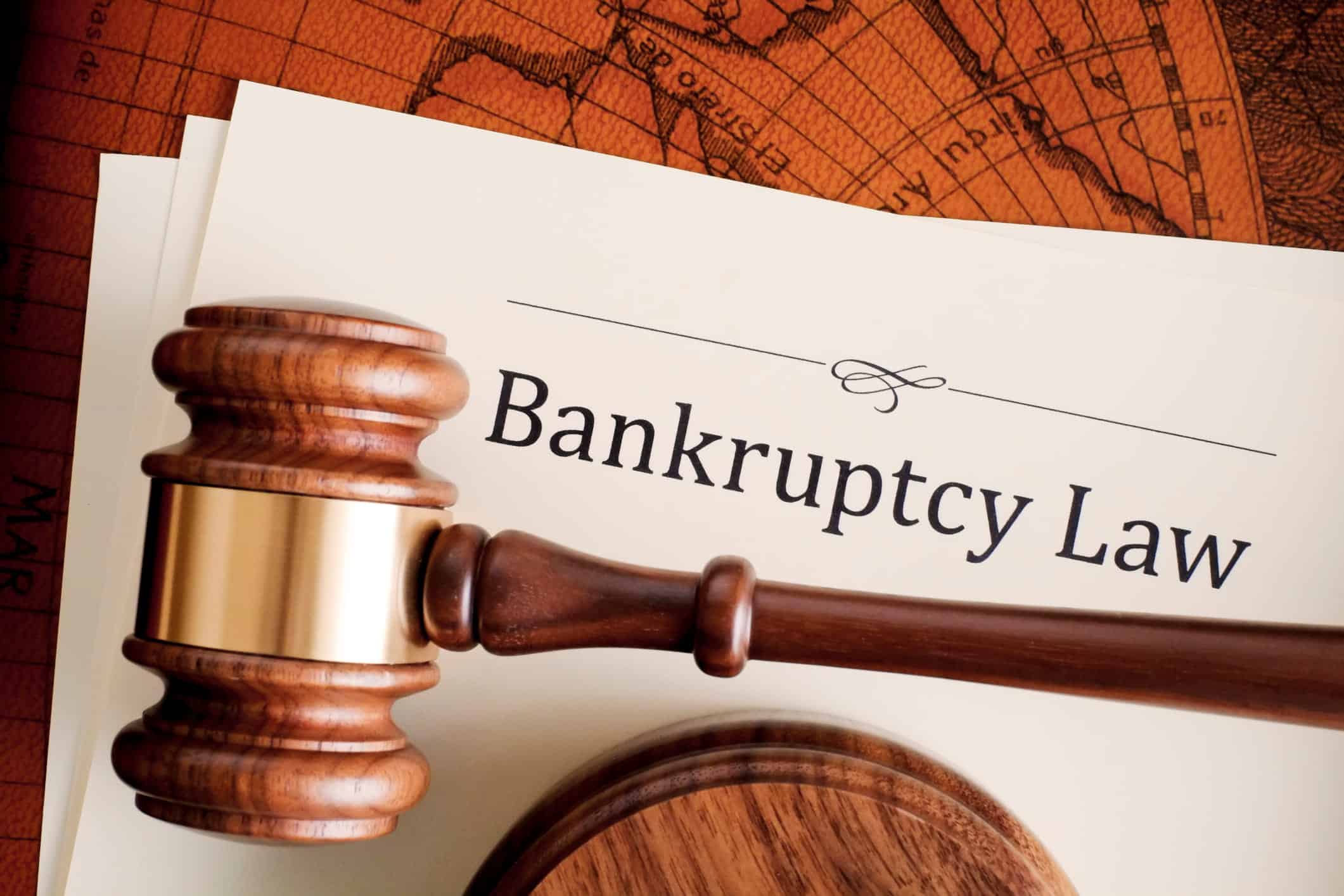What Are The Differences Between Chapter 7 and Chapter 13 Bankruptcy?

The most common types of bankruptcies filed in the U.S are Chapter 7 and Chapter 13 cases. Many people considering bankruptcy may not understand the fundamental differences between the two types or which type is the best fit for them. The decision often depends on your income, assets, debts, and financial goals. Here’s what you need to know about the two main forms of bankruptcy.
Chapter 7 bankruptcy
Chapter 7 bankruptcy is a liquidation bankruptcy designed to wipe out your general unsecured debts, such as medical bills and credit cards. You must have little to no disposable income to qualify for this type of bankruptcy. Otherwise, you may be forced to file for Chapter 13 bankruptcy.
The trustee appointed to administer your case is responsible for reviewing your bankruptcy papers and supporting documents, as well as selling your nonexempt property to pay back your creditors. If you do not have any nonexempt assets, nothing goes to the creditors. This is why Chapter 7 bankruptcy is usually the best choice for low income debtors with few assets.
Chapter 13 bankruptcy
Chapter 13 is bankruptcy a reorganization bankruptcy, as opposed to liquidation. Therefore, it is designed for debtors, typically those with regular income, who have the ability to pay back at least some portion of their debts. Those who make too much money to qualify for Chapter 7 bankruptcy, may have to file a Chapter 13 case instead.
However, for those who are eligible, it is frequently preferable for debtors to file for Chapter 13 bankruptcy. Chapter 13 offers several benefits not available with Chapter 7, including being able to catch up on missed mortgage payments. You also get to keep all of your property including nonexempt assets. A repayment plan will be out in place for you to pay back all or a portion of your debts. The amount you pay back depends on your income, expenses, and what types of debt you are facing. For debtors who can afford to make monthly payments, Chapter 7 can be a smart way to pay back missed mortgage or car payments or pay off non-dischargeable debts such as alimony or child support.
In the most basic sense, the difference between these two types of bankruptcy is that one involves liquidation and the other reorganization. Often, the choice between them has a lot to do with your income. For more information, please consult bankruptcy lawyer Anthony Deluca.






